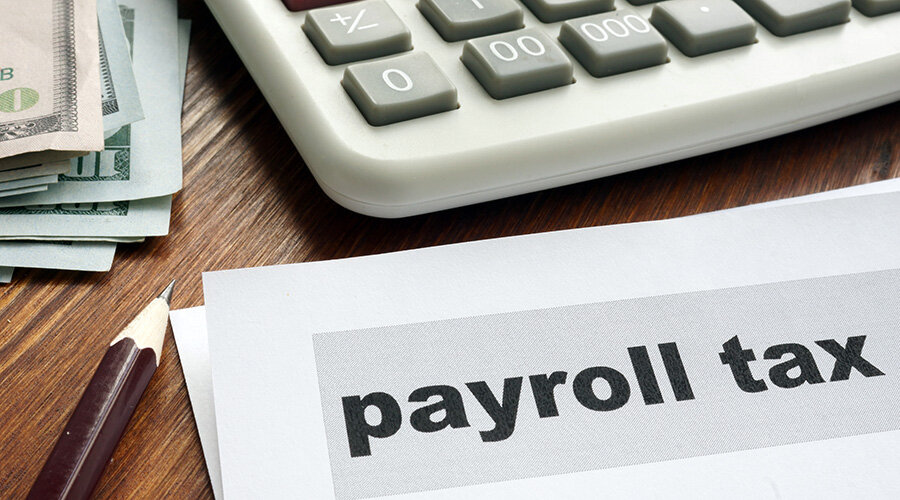Self-employed and Deferred Payroll Taxes
If you are self-employed, you shouldn’t count on the payroll tax break the president has issued via executive order — at least not yet.

Payroll taxes are normally shared by employers and employees. Each covers a 6.2% tax to fund Social Security, as well as a 1.45% tax to fund Medicare.Self-employed people foot the entire bill for these levies themselves, at a cost of 15.3%, and pay for them as part of their quarterly estimated taxes
The president’s executive order would suspend the employee’s share of payroll taxes from September 1st through the end of the year. It would cover workers who make no more than $4,000 per biweekly pay period or $104,000 annually.
It is currently unclear whether this relief would apply to the self-employed, which is raising a number of tax concerns including whether employers or employees could face surprise tax consequences and compliance issues related to the executive order.
Separately, business owners, including independent contractors and freelancers, are already eligible to defer the employer’s side of the Social Security tax via the CARES Act. Under this provision, employers may choose to defer the share of tax that would have been paid from March 27 through Dec. 31. They would then pay 50% of the amount owed next year and the remainder in 2022.
With so many unanswered questions, the best course of action if you are self-employed is to continue to set aside your self-employment taxes and pay them as usual. At the very least, you should wait until further guidance is issued by the Treasury Department to decern on whether you qualify to defer this slice of the tax.
If you have questions, or need to talk about this or any other financial issues, give us a call. We’re to help